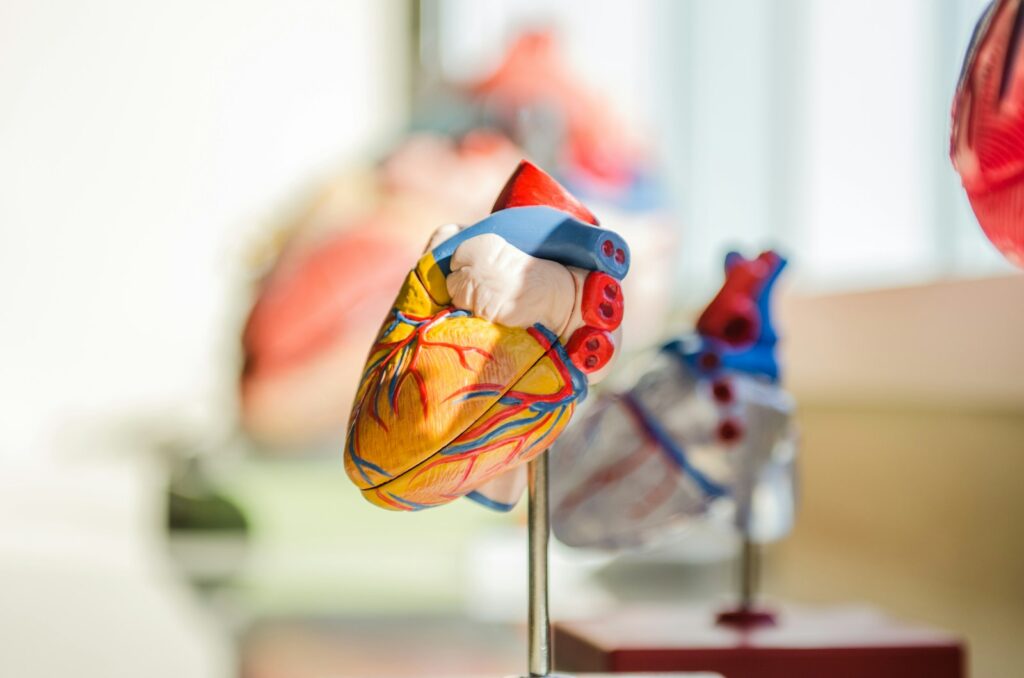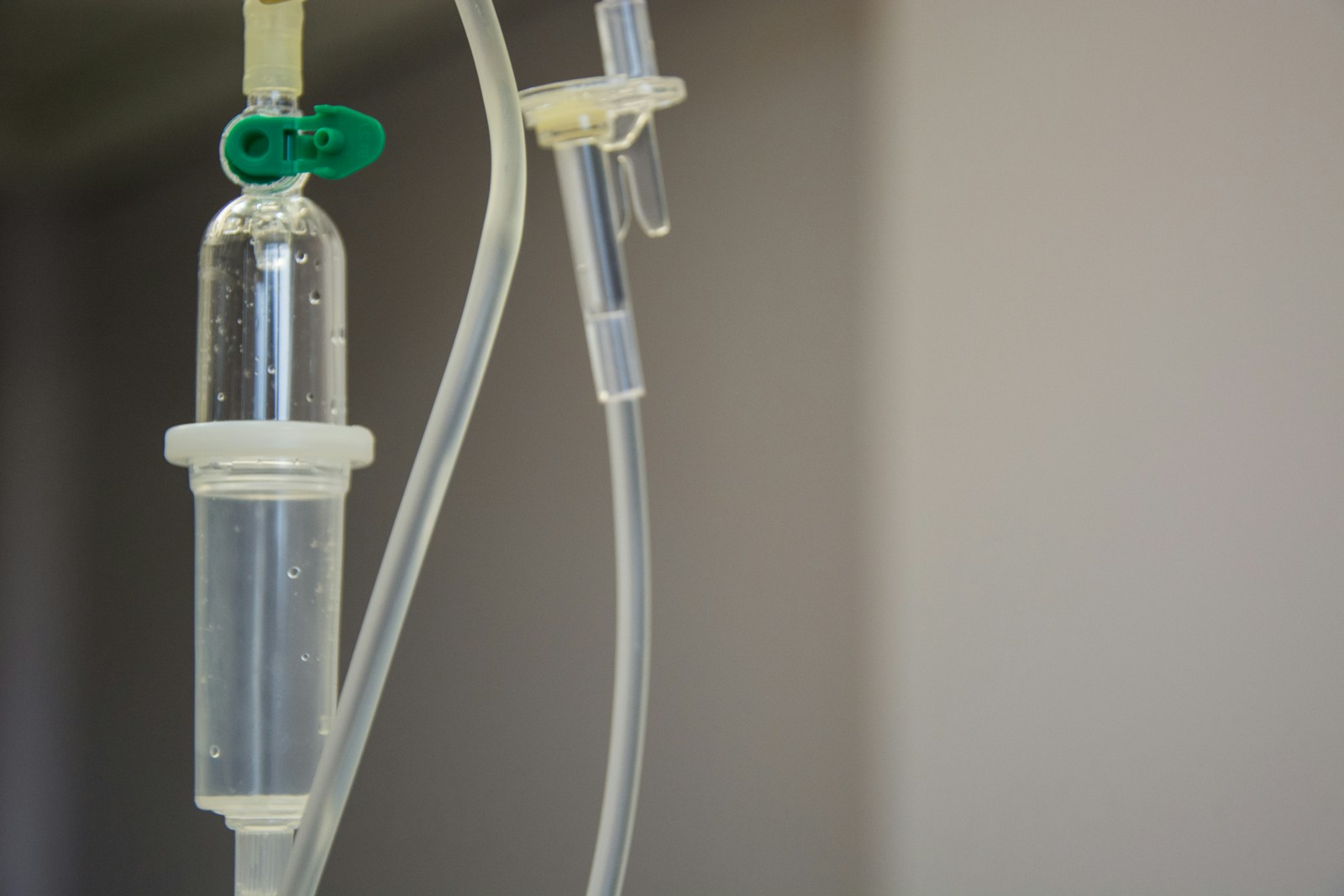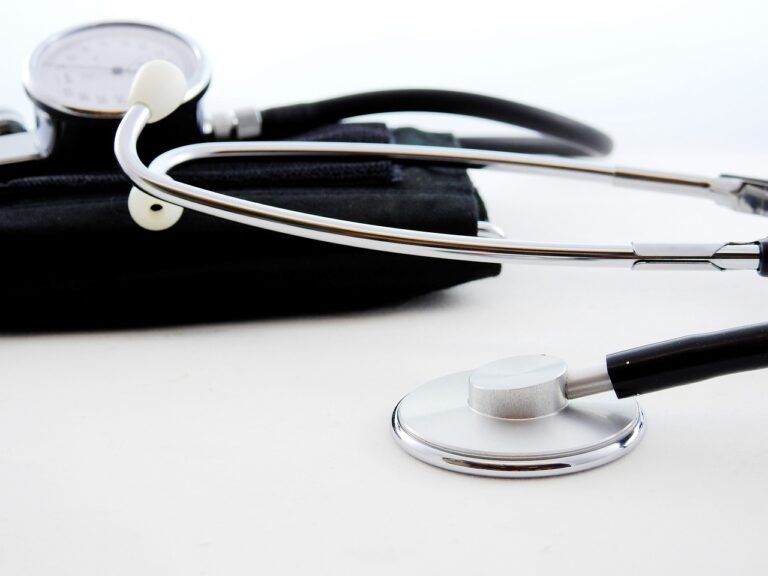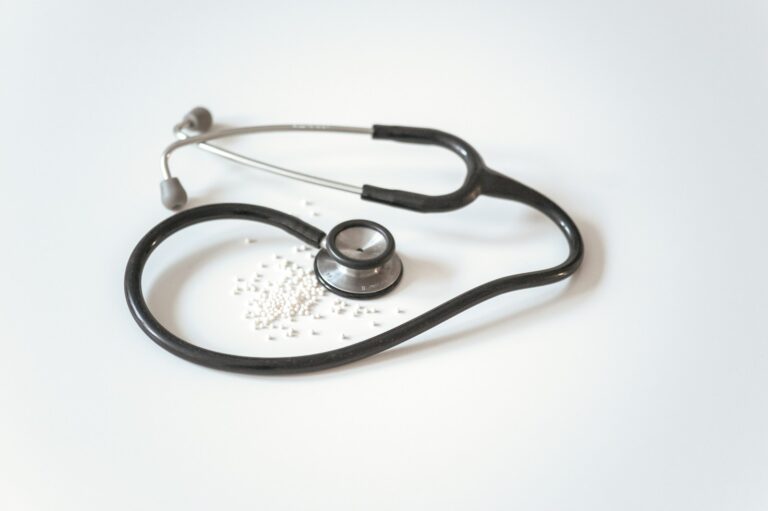A stroke can have life-changing consequences, but with the right preventive measures and recovery strategies, you can protect your health and enhance healing. In this guide, we’ll explore effective ways to reduce stroke risk and support recovery through diet, exercise, and lifestyle changes.
Understanding Stroke: Causes and Risk Factors
A stroke occurs when blood flow to the brain is interrupted due to a blockage (ischemic stroke) or a ruptured blood vessel (hemorrhagic stroke). Without oxygen-rich blood, brain cells begin to die, potentially leading to disability or death.
Major Risk Factors for Stroke:
High Blood Pressure (Hypertension): The leading cause of strokes, making blood pressure control essential.
Diabetes: Uncontrolled blood sugar can damage blood vessels, increasing stroke risk.
High Cholesterol: Excess cholesterol can lead to plaque buildup in arteries, restricting blood flow.
Smoking & Excessive Alcohol Consumption: Both contribute to high blood pressure and vascular damage.
Obesity & Poor Diet: Being overweight and eating unhealthy foods can increase stroke risk.
Sedentary Lifestyle: Lack of exercise weakens cardiovascular health.
Atrial Fibrillation (Irregular Heartbeat): This condition raises the risk of blood clots that can lead to a stroke.
Stroke Prevention: How to Protect Your Health
Preventing a stroke requires adopting heart-healthy lifestyle changes. Here’s what you can do:
1. Control Blood Pressure
Monitor blood pressure regularly and aim for levels below 120/80 mmHg.
Reduce sodium intake and consume potassium-rich foods like bananas and spinach.
Stay active and manage stress to maintain healthy blood pressure levels.
2. Manage Blood Sugar Levels
Follow a balanced diet with fiber-rich foods and lean proteins.
Monitor glucose levels and take medications as prescribed if you have diabetes.
Engage in regular physical activity to improve insulin sensitivity.
3. Adopt a Stroke-Preventive Diet
Eat more fruits, vegetables, whole grains, and lean proteins.
Avoid trans fats, processed foods, and excessive sugar.
Incorporate healthy fats like olive oil, nuts, and fatty fish.
4. Exercise Regularly
Engage in at least 150 minutes of moderate-intensity exercise per week.
Include aerobic exercises like walking, cycling, or swimming.
Strength training helps maintain muscle mass and overall health.
5. Quit Smoking and Limit Alcohol Consumption
Smoking damages blood vessels and increases stroke risk.
Limit alcohol to moderate levels—one drink per day for women, two for men.
6. Manage Stress and Prioritize Sleep
Practice relaxation techniques such as meditation and deep breathing.
Aim for 7-9 hours of quality sleep each night.
Stay socially engaged and seek emotional support when needed.

Stroke Healing: Steps to Support Recovery
Recovering from a stroke requires a combination of medical care, rehabilitation, and lifestyle adjustments. Here’s how to enhance recovery:
1. Start Rehabilitation Early
Work with physical, occupational, and speech therapists as needed.
Engage in daily exercises to regain strength and mobility.
Be patient and persistent—recovery takes time.
2. Stimulate Brain Function
Challenge your mind with puzzles, reading, and memory games.
Establish routines to improve cognitive function.
Stay engaged in hobbies and social activities.
3. Eat a Nutrient-Dense Diet for Healing
Increase antioxidant-rich foods like berries, leafy greens, and nuts.
Consume omega-3s for brain and heart health.
Stay hydrated and avoid processed foods.
4. Maintain Physical Activity
Perform gentle stretching and movement exercises.
Use assistive devices if necessary.
Try low-impact activities like yoga or tai chi.
5. Consider Natural Supplements for Stroke Prevention & Recovery
Omega-3 Fatty Acids: Support brain function and reduce inflammation.
Coenzyme Q10 (CoQ10): Boosts energy production and heart health.
Magnesium: Helps regulate blood pressure and muscle function.
Vitamin B12 & Folate: Essential for nerve health and circulation.
Final Thoughts
Preventing a stroke starts with proactive health choices, while recovery requires dedication to diet, exercise, and lifestyle improvements. By making these changes, you can protect your brain, strengthen your heart, and enhance overall well-being.
Looking for natural supplements to support stroke prevention and recovery? Visit CardioForte4Life.com for high-quality, research-backed solutions!
Remember, you don’t need to overhaul your diet overnight. Start with small, manageable changes—like swapping white bread for whole grain or adding an extra serving of veggies to your dinner plate.
Complement your heart-healthy diet with supplements like CardioForLife Powder to fill in any nutritional gaps and support overall cardiovascular health.





